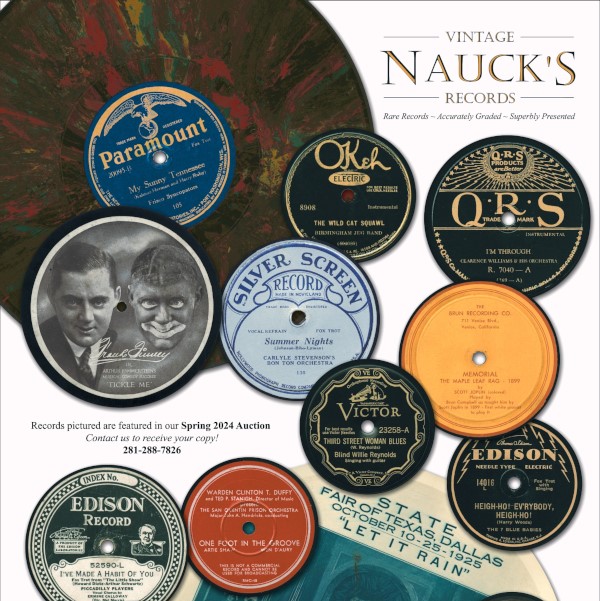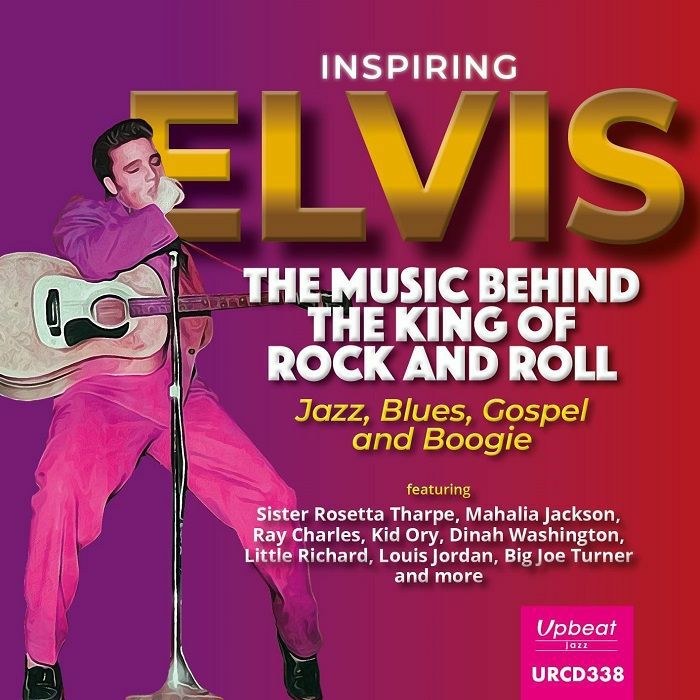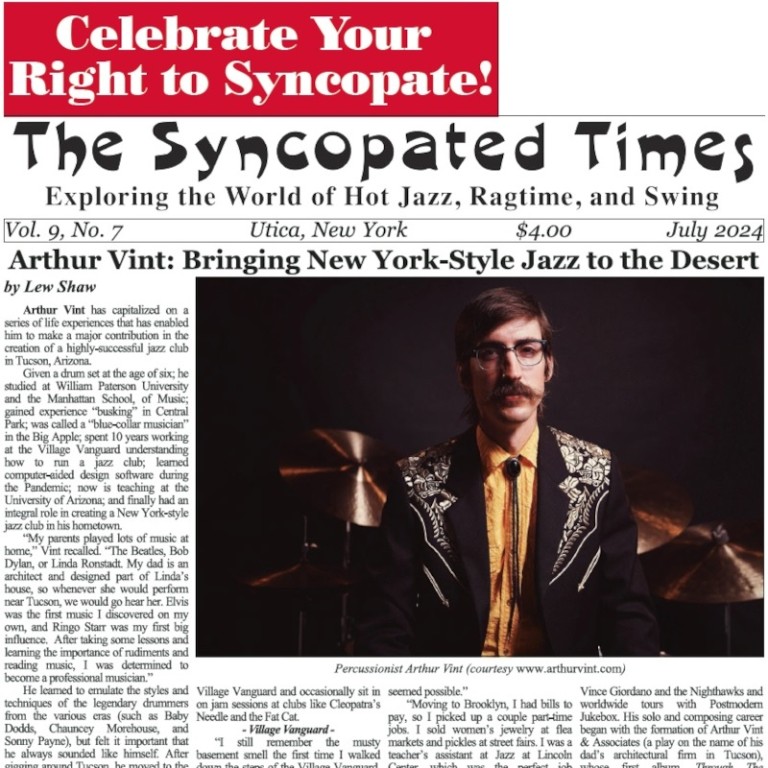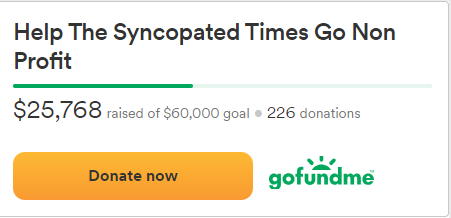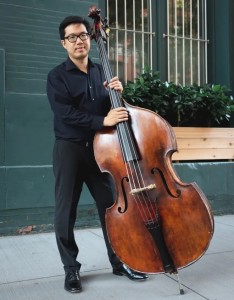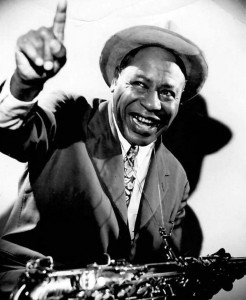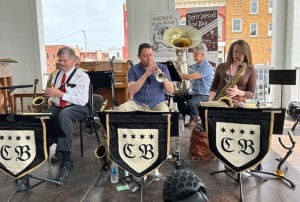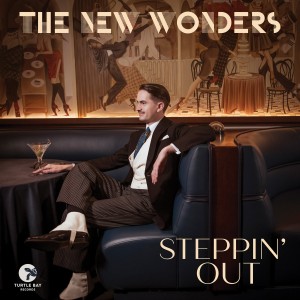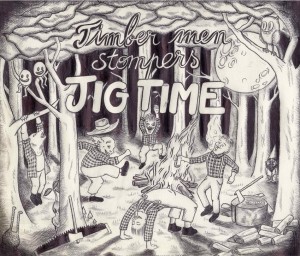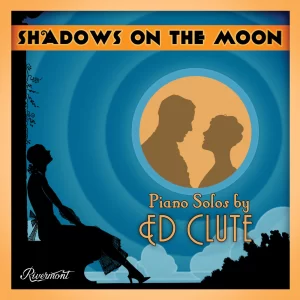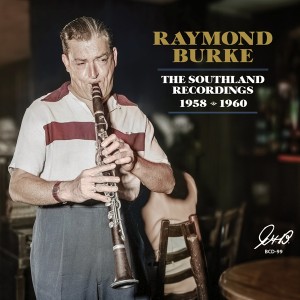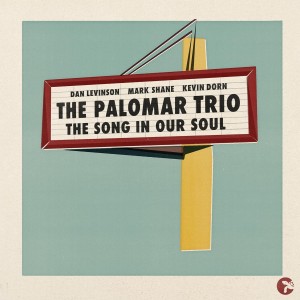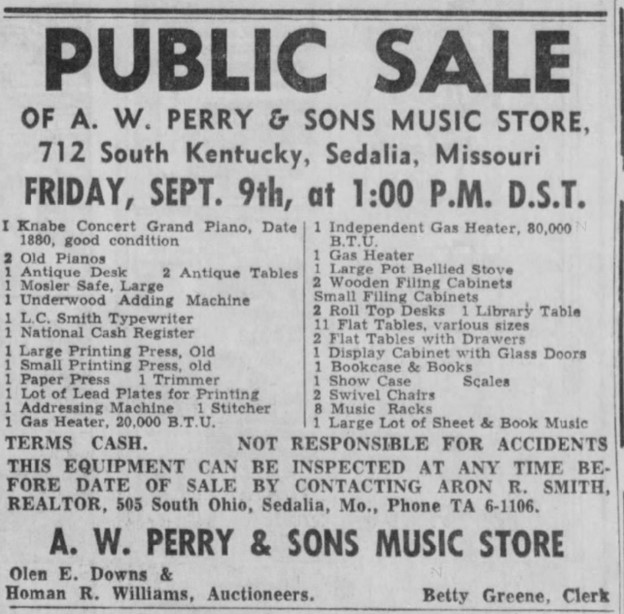 I am exceptionally excited this month to write this article. However, let me begin slowly and try to remain coherent. On Friday afternoon, September 9, 1966, I was standing next to Mrs. Lillian Wells, a local antique dealer, at the A.W. Perry & Sons Music Store auction in Sedalia, Missouri. At that time, I knew little of Scott Joplin, and ragtime to me was something Bob Darch played at lightning speed on his old Cornish Upright Saloon Piano.
I am exceptionally excited this month to write this article. However, let me begin slowly and try to remain coherent. On Friday afternoon, September 9, 1966, I was standing next to Mrs. Lillian Wells, a local antique dealer, at the A.W. Perry & Sons Music Store auction in Sedalia, Missouri. At that time, I knew little of Scott Joplin, and ragtime to me was something Bob Darch played at lightning speed on his old Cornish Upright Saloon Piano.
As an older graduate student in history, the legacy of the venerable old business fascinated me. I had met Lillian previously and not having two nickels to rub together in those days, I enjoyed watching her bid on box after box of old sheet music and business records while only obtaining a few insignificant items myself. I even helped her carry some of the boxes to her car.
Over the next few years, I became fascinated with Scott Joplin and the Perry Music Company and I began pestering Lillian about the purchases she made that auction afternoon. I learned Andrew Perry had published Joplin’s “The Favorite” in 1904 and a number of other ragtime compositions like Lee Edgar Settle’s “XL Rag,” and some James L. Johnson. The firm also published one of the longest running music magazines in the country. Only Presser’s Etude ran longer. However, for some reason I never quite understood, Lillian was very secretive about what she had.
We moved from Sedalia in 1976 but I kept in touch with her when we went back to visit, to no avail. Lillian died in 1999 and her husband Theodore, in 2005. I heard through the grapevine that all of their treasures had been stored in a downtown building that collapsed a few years later at the peak of winter and the remains were immediately bulldozed into the basement. That seemed to close the last chapter on the old Perry Company. I still kept the word out to look for anything around town that might have survived the years.
Then, a few days ago, Sedalia’s amazing local historian, Rebecca (Becky) Imhauser, called me to say she had just seen the Perry boxes Lillian purchased at the auction. It seems a fellow had recently bought the old Wells home that had been sitting empty for 25 years and the basement had some old boxes of documents and music. When Becky found out about the discovery and called on the new owner, she learned he had recently purchased the house from Lillian’s son, Ted and the new owner didn’t know what to do with the old papers.
Becky suggested he contact me and a day later I was hearing about the accumulation from the new owner, himself. He had been intrigued about the old papers and had learned quite a bit about how they came to be in his basement. He was relieved to find someone who knew more specifically about them. Two days later the boxes and their contents were stacked on my living room floor. The owner and a relative drove them the two-and-a-half-hour trip to my home so I can evaluate the collection. It is in bad shape but there it was, the object of my search all those years.
The first thing that was apparent is that faithful Viola Eckles the last Perry employee who presided over the auction, had quickly mixed business records, sheet music, and correspondence in card board boxes for the auction. Either that, or the contents of some of the containers were jumbled over the years. The auctioneer Olen Downs had gaveled the boxes sold one or two at a time and Lillian had snapped them up as fast as he could do his auctioneers rap while his clerk Betty Greene recorded the sales in her ledger.
When Lillian bought the last item, the store’s grand piano, I helped her load some of the boxes into her car. The metal printing plates that sold by the ton it seemed were very heavy and the boxes tended to burst when an attempt was made to move them. I don’t know how she managed to get it all home. Someone with a farm wagon probably owed her a favor. By the way, that Grand piano is still missing as far as I know.
Now here I am sitting in my living room, carefully going through the old boxes I had helped carry to Lillian’s car 57 years ago. There are many old letters, bug eaten, or mold infested and some literally burned up now in the boxes scattered with tiny bits of brittle brown paper.
No, I haven’t found Joplin’s “The Favorite,” but I hope to find some indications of the actual date it was acquired though it is a long shot. It was probably sold by Joplin in person. I haven’t found any financial records yet either (though there are still more boxes to search). Figuratively writing, there appear to be a lot of sparklers in this trove but no skyrockets as yet.
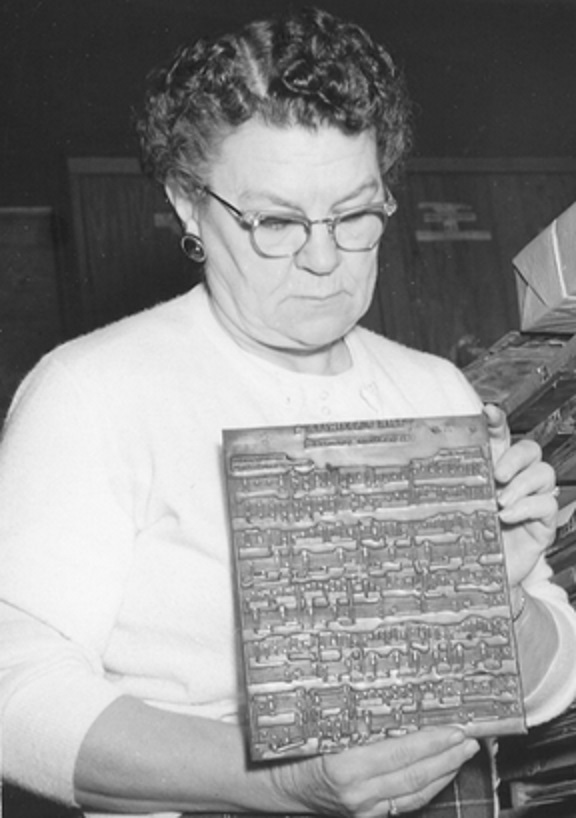
The owner told me there were three frames on the wall. Two contained printing plate first pages, one is disturbingly empty. It would have been a great place for “The Favorite” plate Viola Eckles was pictured holding in a 1961 photo by reporter Bill Hill.
What I have found are many letters with handwritten manuscripts or poems pinned to the correspondence with common pins. Some were written in eager, bold penmanship to justify their audacity, demanding to be published. Other shy spidery scripted notes insecurely plead to be included in the magazine.
Most letters are from ladies living nearby but I’ve spotted several foreign envelopes with foreign postmarks from as far away as New Zealand. Foreign stamps have usually been steamed off however, taking the postmarks with them.
Nearly all of the hand-transcribed music is carefully rendered usually on staff printed sheets. One contributor submitted his masterpiece on blueprint paper and one fellow wrote his on the back of an old calendar page. Most are either elementary piano pieces for teachers or simple church hymns arranged for organ or piano.
There is a lot of sheet music, both pieces published by Perry and a lot from other publishers. This includes a stack of tear sheets from Etude Magazine. It is nearly all classical and possibly all accumulated for Austin’s oldest son Philip who was a teacher and concert pianist. Much of the music in the monthly magazine was arranged by Philip under a variety of pseudonyms.
Sitting with these crumbling documents takes my thoughts back to a time when families didn’t depend on electronic entertainment. They entertained themselves and piano benches and cabinets were stuffed with sheet music and monthly music magazines. Music stores were as prevalent in a town as loan shops and exercise parlors are today.
The stacks of old Perry publications tells the story of America’s popular music culture in the stacks of sheet music and folio publications. The huge 12 x 15 inch sheets were popular in the Nineteenth century with their engravings of pastoral scenes or beautiful ladies and intricately drawn lettering declaring the title and the lyricists and composers.
Austin Perry’s earliest copyright for his “Grave of Hood” composition dates from 1879. He had migrated to Sedalia in 1871 from Kentucky via St. Joseph, Missouri. Within a decade he was operating a music business selling pianos, organs, and other instruments. The presence of two major railroad arteries running through Sedalia facilitated acquiring and selling the large pianos
Austin Perry began issuing his musical magazine in 1881 and when the last July 1966 issue was mailed over one thousand monthly magazines had been distributed around the world from the humble quarters on Broadway and then Kentucky Streets in Sedalia.
Austin had run the operation until his heart trouble and death in 1900 ended his life and career. Andrew (Jack) took over the operation of the business in Sedalia, and son Philip in Kansas City 90 miles away provided hundreds of arrangements for Jack to print and distribute. It was possibly during the years around 1900 that Scott Joplin may have approached Austin or possibly Andrew about publishing his ragtime compositions. No physical evidence of that moment has emerged, but I hopefully anticipate seeing Joplin’s name every time I separate another impossibly folded up sheet of paper from a matted stack or meticulously handle a crumbling document.
I knew Viola Eckles, the last proprietress of the business. She had a seemingly impossible task of keeping the shop open, publishing the monthly magazine, and then seeing to its distribution. When Andrew died in 1945 the business was owned and run by other family members. The last editions were very basic without the old engravings that usually adorned the covers. They did however still contain Perry ads for instruments and music on the inside front and back covers. Viola still managed to find old printing plates to include four to six pieces of music, but I also find evidence that some of the job printing was done in St. Louis. Sadly, the notice of the end appeared on the cover of the 85th year, issue number 4. It cost $2 a year to receive the publication by mail or I could have bought issues in the shop for 20 cents apiece.
I remember the old shop well. It was a bit intimidating to enter for the run-down building looked like it could collapse any minute and the front room was randomly furnished with endless stacks of music and old records. There was an imposing grand piano also laden high with music struggling to be seen if not heard. I wondered how many hands had played that old keyboard to proudly demonstrate a composition for publication. I remember touching the keys on the outside chance I would discover one day that Scott Joplin or some of the other Missouri composers had also played that grand old piano.
If an arrangement can be made with the owner, I would like to acquire the Perry items for the Sedalia Ragtime Archive, properly conserve them and make them available to researchers who might write a dissertation on popular culture from of all the material. When the database is complete, I would like to make it available online along with the database of the music published in the Musical Magazines we already have in the collection. If readers have any thoughts or suggestions about this collection, please contact me.
Next month I will recount my progress, but for now it is enough to enjoy reading all these letters from aspiring composers and knowing that most of the music they so lovingly and diligently transcribed was published by the A.W. Perry and Sons Music Company of Sedalia, Missouri.








